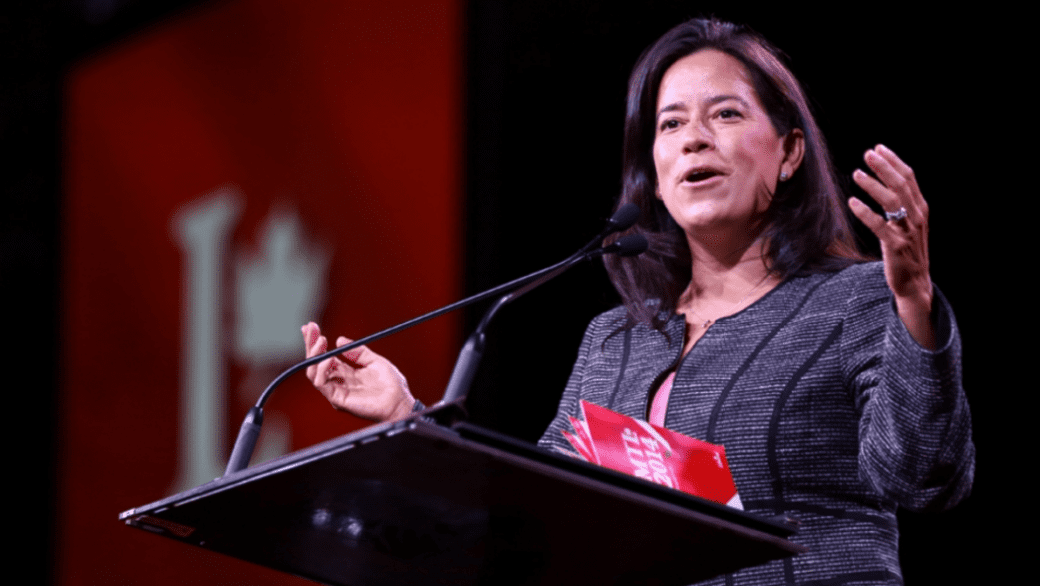The Senate will soon debate the latest version of a bill to encode trans people in Canada’s human-rights and hate-speech laws — a proposal the red chamber had gutted and delayed during past similar bills.
Introduced in May 2016, Bill C-16 would add both gender identity and expression to Canada’s anti-discrimination laws, and would let judges deem attacks against trans people as an aggravating factor in criminal sentencing.
On Oct 18, the bill had its first heated parliamentary debate and passed a second reading with unanimous support from the Liberals and NDP, after almost four hours of deliberation. During the House discussion, MPs warned that Bill C-16 “gives unfair advantage” to trans people, would “legislate ideological conformity” and allow “perverts” into washrooms.
On Oct 27, Justice Minister Jody Wilson-Raybould spoke to the House of Commons justice committee. She said she’d push the Senate to pass the bill, meeting senators individually or at their committees, “to provide any background evidence and studies they would require in making their determination.”
On Nov 3, Bill C-16 faced 15 minutes of clause-by-clause study. The federal Liberals fast-tracked the bill’s committee phase to just 2.5 hours, drawing a mix of praise and criticism.
Conservative members of Parliament on the committee quoted statements from politicians and legal experts, saying trans people are already protected under existing codes that outlaw gender discrimination. Wilson-Raybould countered that Bill C-16 was needed, “to make the law clear” for trans people.
“This was pretty much a no-brainer,” Wilson-Raybould told her colleagues.
However, the justice minister did not answer questions about how the Liberals will introduce legislation to accommodate trans and non-binary people in passports and in prisons, or whether they will compel police forces to log data on incidents involving trans people.
On Nov 3, Bill C-16 was passed with no amendments, with just one of the 10 committee members voting opposed: Conservative MP Ted Falk.
Falk, who represents the southeast Manitoba riding of Provencher, decried the committee for hosting no witnesses other than the justice minister and department officials.
“Do we really know if this bill will have an impact on free speech? No, we don’t,” Falk said, adding that the committee hasn’t studied “explicit safeguards” for “immigrant and religious groups, who have some deeply held convictions with respect to human sexuality.”
Falk said the bill could cause logistical issues, giving the example of male athletes applying for women’s athletic scholarships. But Liberal MP Anthony Housefather rebutted that concern, noting that the International Olympic Committee uses a hormone-level test to decide who can compete in women’s sports.
Prior to the committee vote, NDP MP Randall Garrison, who tabled similar legislation in the past, praised the Liberal government for accelerating Bill C-16’s committee phase.
“This is a daily struggle for transgendered people across the country. It’s going to be very much appreciated that the House of Commons has acted expeditiously,” he said, noting that more than 35 witnesses had spoken during previous studies of similar bills.
Bill C-16 will likely face its third reading shortly after the House resumes from a week-long break on Nov 14. That would give the Senate a month to start debating the bill, before its four-week Christmas break.

 Why you can trust Xtra
Why you can trust Xtra


